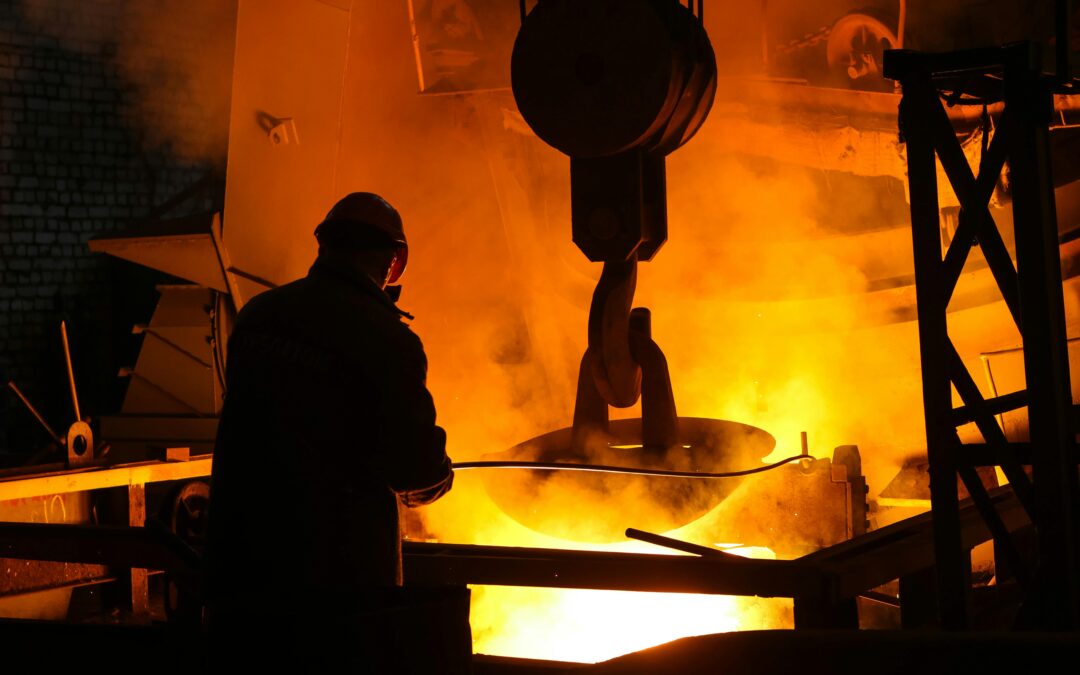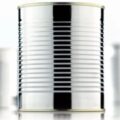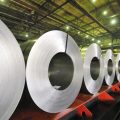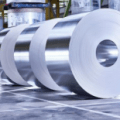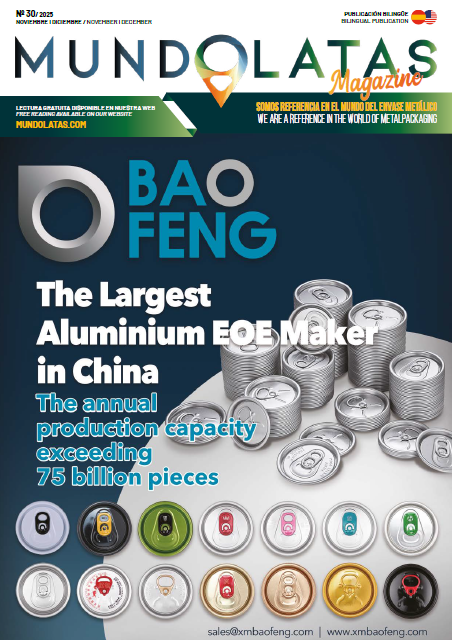Once completed, the company will be able to offer up to 50 % of its tinplate with the new chromium-free passivation, rasselstein® CFPA. The EU bans the use of chromium(VI) in the manufacture of tinplate, although thyssenkrupp has a temporary authorization until October 2027. During this period, the company will gradually convert its other lines, which will decrease the availability of tinplate with chromium passivation. Dr. Heiner Schäfgen, Head of Technical Customer Service, emphasized the importance of this conversion for the safety and health of employees.
rasselstein® CFPA, a chromium-free passivation, is based on a layer of titanium oxide and zirconium and complies with EU and FDA regulations and is suitable for food contact. This new passivation was developed in collaboration with other European container steel manufacturers. In tests on hundreds of containers, customers confirmed that the performance of CFPA is similar to standard 311.
The growing global demand for chrome-free passivated tinplate and restrictions in countries outside the EU make this conversion critical. Dr. Schäfgen assured that thyssenkrupp will provide full support to its customers to facilitate the transition to this innovative and sustainable passivation process, emphasizing the importance of working together for a sustainable future.

